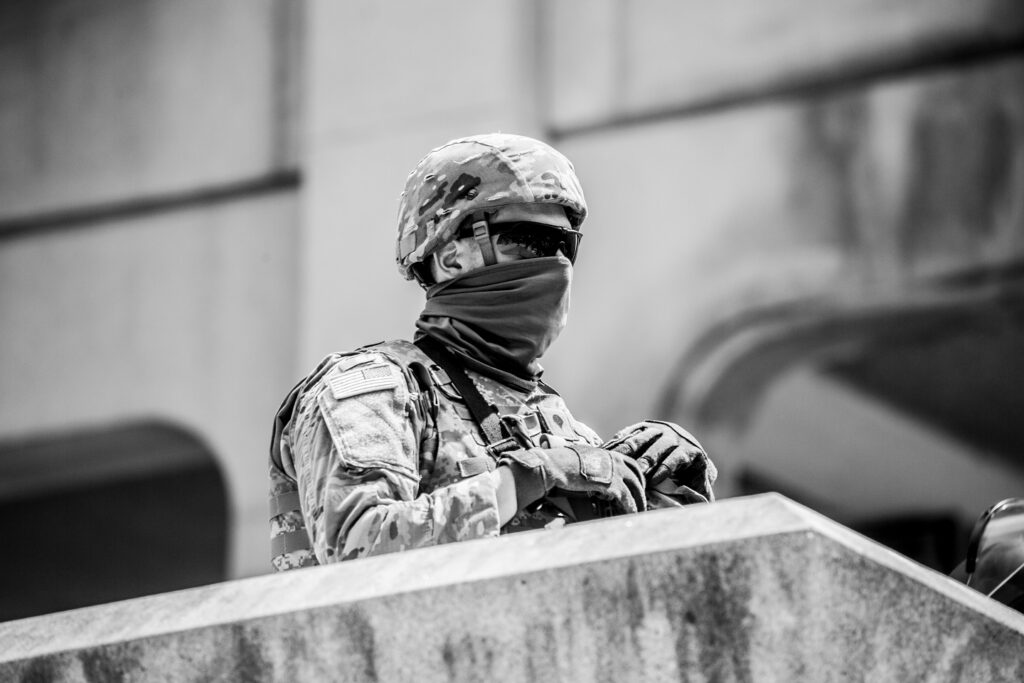
Ensuring Reliability and Effectiveness: Testing and Standards for Level IV Body Armor
In today’s world, where violence and danger seem to be lurking around every corner, it has become a necessity for law enforcement officials, military personnel, and security personnel to be equipped with appropriate protective gear. When we talk about protective gear, nothing is more important than body armor. Level IV body armor is the highest level of protection available, offering reliable and effective protection against some of the most lethal ammunition. But how do we ensure that this crucial piece of gear is reliable and effective? In this blog post, we will explore the testing and standards set for level 4 body armor to ensure its reliability and effectiveness.
Level IV body armor is designed to protect against armor-piercing bullets that can penetrate even the toughest body armor. For this reason, it is critical to ensure that level IV body armor’s quality and effectiveness are not compromised. The National Institute of Justice (NIJ) has set specific testing standards to ensure that level IV body armor performs reliably. The NIJ is responsible for testing and certifying body armor in the United States. The NIJ continually assesses its standards to ensure that they are up-to-date and remain effective in protecting our law enforcement and military personnel.
The NIJ testing standards require that level IV body armor must protect against armor-piercing bullets with a steel or tungsten core. In the testing process, a sample of the body armor is fired upon with an armor-piercing round, and it’s recorded if the bullet penetrates the armor. If the bullet penetrates, the body armor fails, and it cannot be certified by the NIJ. During testing, body armor also undergoes other tests, including environmental conditioning, drop testing, and wet conditioning to ensure reliability in various conditions.
There are many companies manufacturing Level IV body armor; however, not all of them meet NIJ standards. Purchasing armor from a reputable manufacturer that passed the NIJ tests’ standards should always be a priority. Despite this, many substandard body armor products exist in the market. Some even claim to have completed the NIJ certification but have not undergone the testing procedures required. The NIJ appears vigilant to tackle the resurgence of substandard products. There have been several recent prosecutions of companies that sold these substandard products. Thus, an additional step of customer due diligence falls to the user to ensure they purchase from reputable providers.
It is important to note that body armor does not have an everlasting lifespan. Despite armor still looking like new and not used, its ability to protect you is predicated upon its age and proper storage when not in use. NIJ does recommend that body armor be replaced roughly every 5 years, depending on the manufacturer’s recommendations. There may be a possibility of using the armor after this time, but it is crucial to conduct performance testing before use to ensure that it can still provide reliable and effective protection.
In conclusion, Level IV body armor is an essential piece of gear for all law enforcement, military, and security personnel. The NIJ sets specific testing standards to ensure that body armor products meet strict requirements and provide reliable and effective protection. To ensure that body armor does not lose its effectiveness over time, it’s essential to follow the manufacturer’s recommendations for replacement. Investing in level IV body armor can mean the difference between life and death. Thus, investing in the right quality of body armor and educating oneself about the protection it provides is crucial.
For more great articles, please click here.